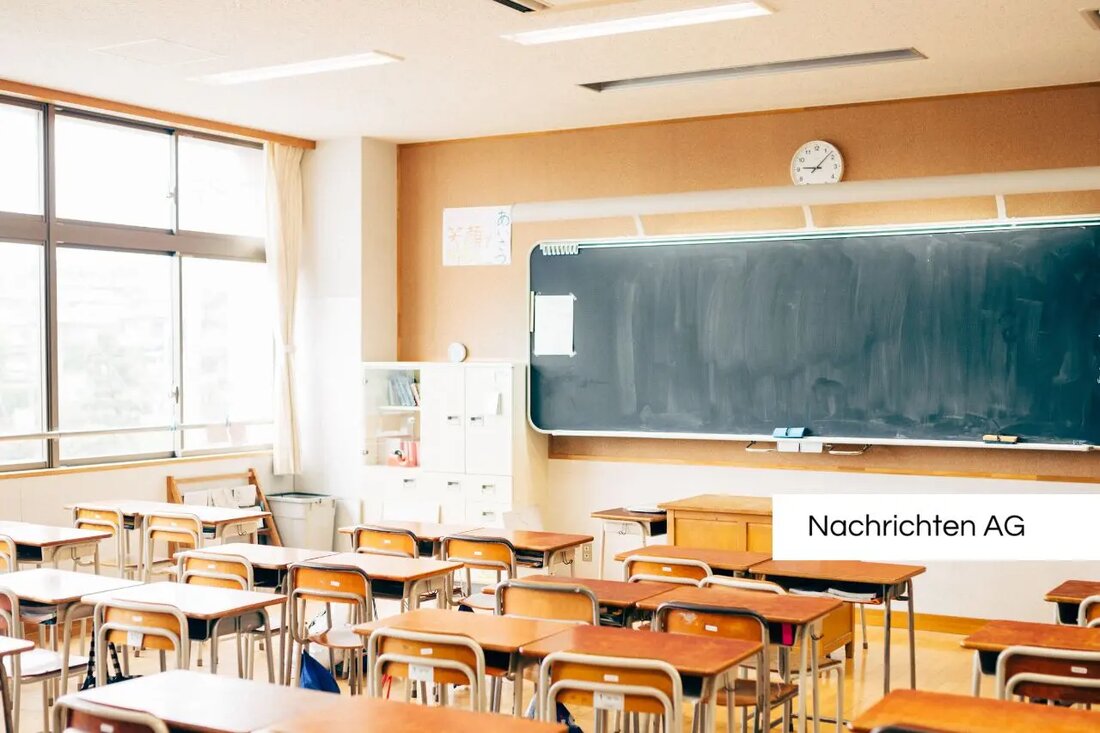Hessen: School obligation for resuscitation lessons starts 2025!
Hessen: School obligation for resuscitation lessons starts 2025!
Hessen has taken a further step to improve the chances of survival in sudden cardiovascular residues. From the coming school year 2024/2025, the resuscitation lessons will be introduced in the 7th grade. This emerges from a report by HNA that classifies the initiative as groundbreaking for the federal state. The aim of this measure is to increase the lay resuscitation rate, which is currently 51% in Germany, which is considered inadequate in international comparison. In countries such as Sweden or the Netherlands, this quota is up to 80%.
The Heinrich Grupe School in Grebenstein is one of the 30 schools that participate in a pilot phase. This pilot phase is carried out in the Kassel, Weilburg and Darmstadt-Dieburg school districts. By the end of the school year 2024/2025, a total of 180 schools are to be integrated into the program, with the aim of reaching all secondary schools in Hesse by 2027. Minister of Culture Armin Schwarz emphasizes the importance of schools in order to promote social changes and to convey courageous action in emergency situations.
importance of training
The German Red Cross (DRK) state association president Norbert Södler points out in this context that courageous intervention can save lives in emergency situations. At the moment, resuscitation attempts are only done in about half of the cases when cardiac arrest occurs outside of hospitals. The DRK district association Hofgeismar will provide the necessary staff for training at the Heinrich Grupe School. The DRK district manager Sebastian Dumke underlines the importance of this training for the chances of survival of those affected.
Given the average waiting time for the emergency services of over nine minutes, it is crucial that lay people act immediately. After a cardiovascular arrest, the irreversible damage on the brain cells begins within three to five minutes. For the training, two hours of resuscitation lessons per year are planned from the 7th grade, whereby project weeks can also be able to impart the material.
The challenge of first aid
Although there are people in more than half of the cases who could help, life -support measures are often not taken. The reasons for this are often afraid of making any mistakes, disgust or simply ignorance of the implementation of resuscitation measures. The GRC (Society for Rescue Sciences) has set itself the task of clarifying the population on first aid for cardiovascular arrest in order to increase their willingness to help In Germany, more than 120,000 people outside of a hospital suffer a sudden cardiac arrest in Germany. Only every tenth affected person survives this critical situation. Nevertheless, by carrying out cardiac massages by laypersons, the probability of survival could increase triple, as different studies show.
In summary, the introduction of resuscitation lessons in Hesse's schools not only shows a proactive measure to improve emergency care, but also the realization that a well -informed and trained society is crucial for the rescue of life. It is to be hoped that this model will do school not only in Hesse, but also in other federal states.| Details | |
|---|---|
| Quellen | |

